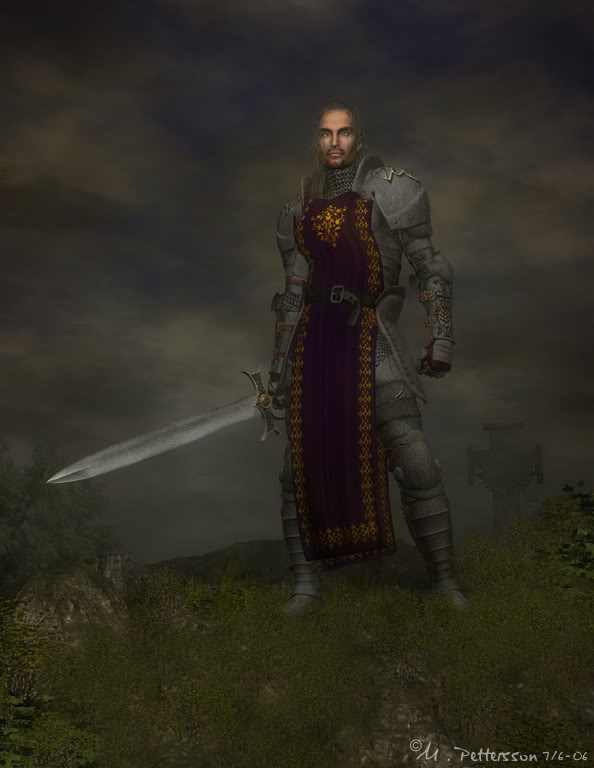
The main thing that I'll remember about Evelyn Glennie's performance is that she's deaf. She can't hear anything through her ears, and yet she makes perfect notes and knows exactly what each note will sound like. That's freaking Beethoven-status. That was absolutely amazing that she could do that.
It was very very intense listening to her play her piece. She made music that moved through your soul, just by the sound on the marimba. She could alter her playing so that it sounded like an organ, instead of a mechanical ding. Not to mention, she could make single notes, even while using slight cords to produce the organ sound.
The elements that influenced the audience's impression of the sound were how loud she played, how hard she hit the keys, and how she had her arms positioned. If her arms were positioned really tightly and close to her body, then it would be a harsh, metallic sounding note. But if she held her arms freely and loosely, then the note would reflect that.
By that, she meant that everyone feels the music differently. Some people feel it in there hands, some through their ears, some through their heads. I feel the music in my head, which is where I compose most of my music and listen to songs. After enough times of hearing the song, I can listen to the entire thing, drums, piano, guitar and all in my head exactly as I would hear it from a video.


